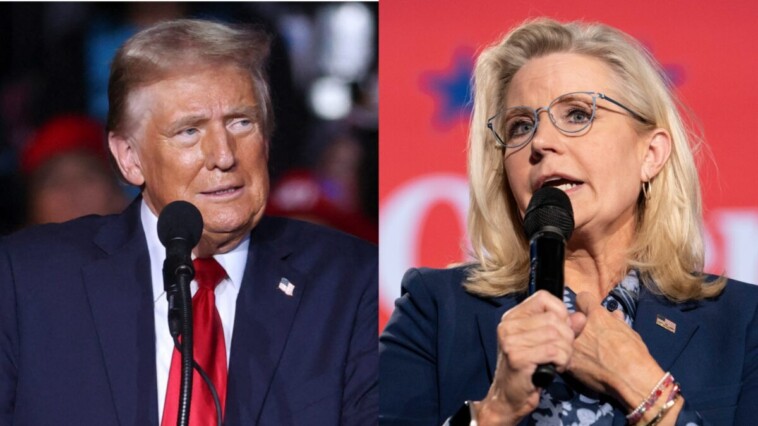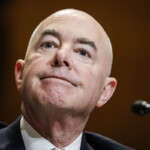Attorney Neal Katyal said on Sunday that he believed President-elect Donald Trump was trying to “bait” President Joe Biden into offering ousted Rep. Liz Cheney (R-WY) a pardon, arguing he’d then use that as evidence that she’d done something wrong.
Katyal spoke with former White House Press Secretary Jen Psaki on her Sunday morning MSNBC show, “Inside with Jen Psaki,” and he argued that if Biden were to pardon Cheney — in an effort to insulate her from retaliatory prosecution over her involvement in the January 6th Committee’s investigation — it might actually help Trump to go after her in the court of public opinion.
@nealkatyal.bsky.social on Biden potentially pardoning Liz Cheney: “I think what Trump is trying to do here is to bait President Biden into pardoning Liz Cheney, and that’ll allow Trump to say, ‘Hey, look even Biden thinks Liz Cheney did something wrong.’”
— Inside with Jen Psaki (@insidewithpsaki.msnbc.com) 2024-12-22T19:09:42.242438Z
Katyal’s logic was simple: a pardon for Cheney, despite the fact that she hasn’t yet been charged with anything, would give credence to claims that she may have committed a crime that would required her to be pardoned.
“I think what Trump is trying to do here is to bait President Biden into pardoning Liz Cheney, and that’ll allow Trump to say, ‘Hey, look even Biden thinks Liz Cheney did something wrong,’” he explained. If he were able to cast doubt on Cheney’s role in the investigation, he could then also argue that, by extension, the entirety of the investigation was tainted and thus justify the pardons he wants to issue for those who were convicted on charges related to the riot on Capitol Hill and the breach of the U.S. Capitol.
Katyal also argued that if Cheney was ever charged for anything related to her work as a part of that committee, nothing was likely to stick.
“It would fail right at the get go, not just because there’s no crime here or any credible allegation, but also because Liz Cheney, as a member of Congress at the time, is entitled to the constitutional protection of speech or debate immunity,” he told Psaki.



